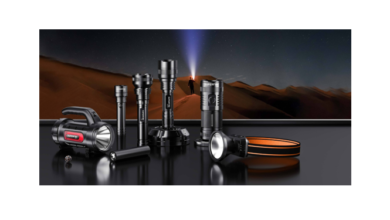Understanding Alternator Technology: What Is An Alternator?

Do you know what an alternator is? In this article, we’ll look at alternators and how they work, how these 100 kva alternators can help your car’s battery stay charged, and answer some common questions about alternators.
What Is an Alternator?
An alternator is a vital component in a car’s electrical system, converting mechanical energy into electrical energy to charge the battery and power the vehicle’s electrical systems. The engine drives the alternator via a belt, and the car’s computer regulates its output.
When the engine runs, the alternator charges the battery and powers the car’s electrical systems. The battery provides power to start the engine, and once the engine runs, the alternator takes over. The alternator produces alternating current (AC), which is converted to direct current (DC) by the car’s computer.
EvoTec Power is one of the best suppliers. As a leading generator manufacturer, EvoTec Power’s product has a “Short Structure Design,” more than 100mm shorter than similar motors. The excellent ventilation and heat dissipation enable our machines to extend service life. With enclosure characteristics up to IP55, it can withstand extreme environments. Here you can find application solutions for most industries.
“No Copy” is the most distinctive feature of products. EvoTec Power insists on the independence of the entire process, including design, processing, and manufacturing. Committed to researching and developing the best alternator is their goal. They have launched Industrial, Marine, and High Voltage Series Alternators and provide customized services.
The Benefits of An Alternator:
An alternator is a device that generates electricity by using a spinning magnet to produce an alternating current. The benefits of an alternator over other types of electrical generators are many and varied, but some of the most important benefits include the following:
* Increased Efficiency – Alternators are more efficient than other generators, requiring less fuel to generate the same amount of power. This makes them ideal for vehicles where fuel economy is a major concern.
* Increased Reliability – Alternators are also more reliable than other types of generators, meaning they are less likely to break down or experience problems. This makes them ideal for use in critical applications, such as emergency vehicles or military equipment.
* Reduced Maintenance Costs – Because alternators are more efficient and reliable than other types of generators, they typically require less maintenance. This can lead to significant cost savings over the lifetime of the generator.
Conclusion
Alternators are an essential part of many types of machinery and vehicles, so it’s important to understand how they work.




